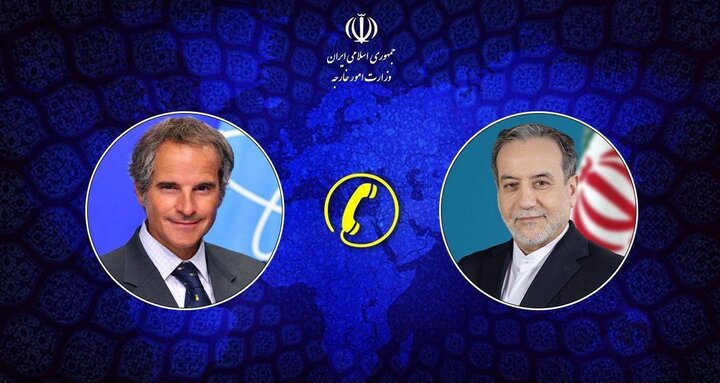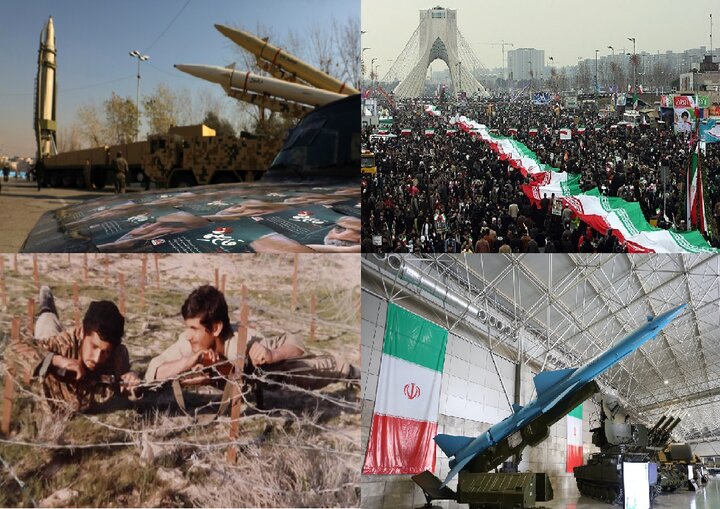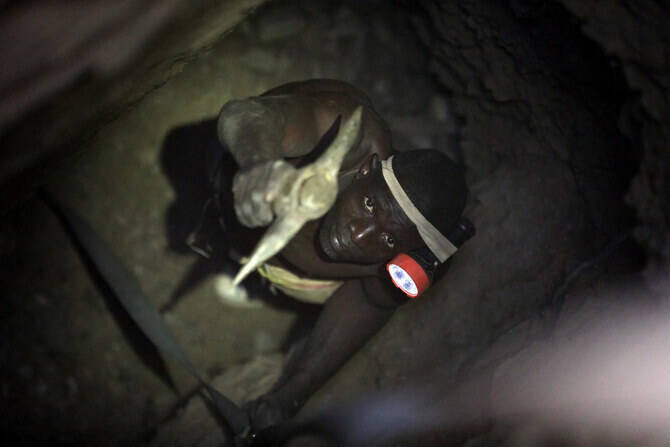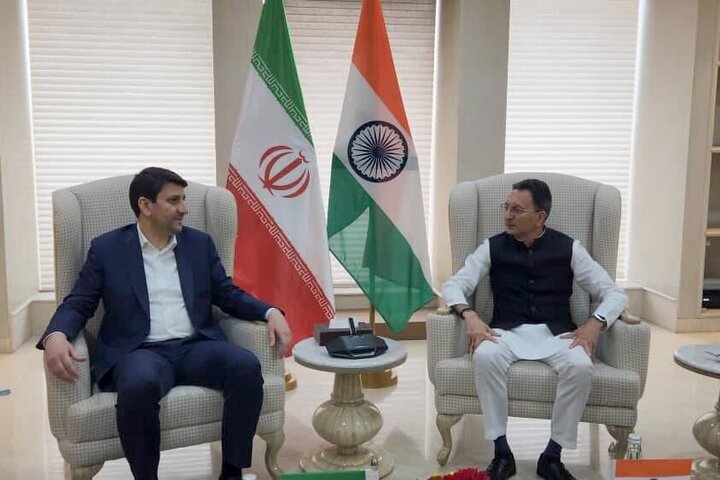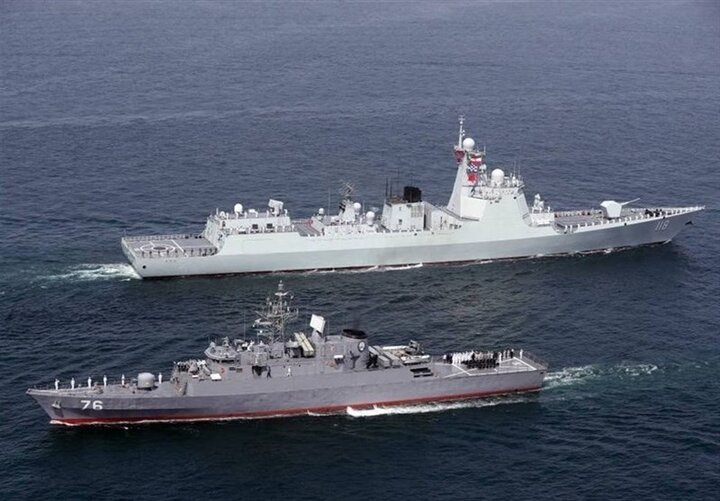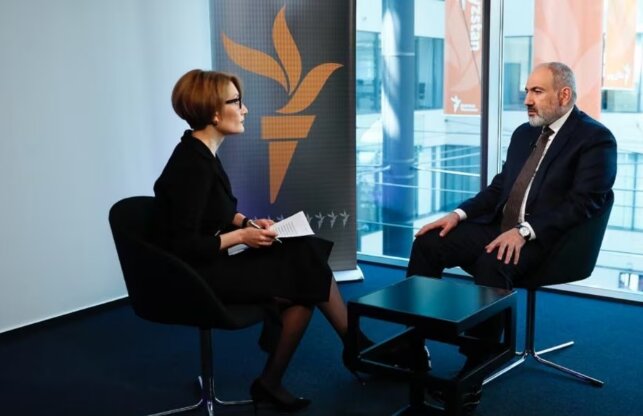
In an interview with Radio Free Europe on Friday, Pashinian said the key differences concern not only Nagorno-Karabakh but also territorial and security guarantees.
“We are still unable to reach agreement in the draft peace agreement on the wording that will give us confidence that Azerbaijan recognizes 29,800 square kilometers of Armenia” within its Soviet-era borders, he said.
Pashinian also highlighted the need for guarantees as “any agreement, even the most unambiguously written one, allows for interpretations.”
Despite US Secretary of State Antony Blinken’s optimism that “with additional goodwill, flexibility, and compromise, an agreement is within reach,” Pashinian assessed the progress as minimal.
“While the difference between the sides was one kilometer before, now it is 990 meters. It is progress, but there is still a huge difference,” he said.
Pashinian reiterated Armenia’s position that the issue of the rights and security of Nagorno-Karabakh’s Armenians should be discussed in a dialogue between Baku and Stepanakert with international engagement.
“Otherwise, this topic and agenda can simply be forgotten by Azerbaijan,” he said, adding that there are different interpretations in Yerevan and Baku on how to address the rights of Nagorno-Karabakh’s Armenians.
He also said that both international and local mechanisms should be applied to such matters as the withdrawal of troops and the establishment of a demilitarized zone.
Pashinian said the discussion that started in Washington can continue in Moscow, denying claims there are differing “Western” and “Russian” drafts.
The six-week war in which Azerbaijan regained all the Armenian-controlled areas outside of Nagorno-Karabakh as well as chunks of territory inside the Soviet-era autonomous region ended with a Russian-brokered cease-fire under which Moscow deployed about 2,000 troops to serve as peacekeepers.
Tensions along the restive Armenian-Azerbaijani border and around Nagorno-Karabakh leading to sporadic fighting and loss of life have persisted despite the cease-fire and the presence of Russian troops.
They flared anew last month when Azerbaijan installed a road checkpoint at the start of the Lachin Corridor, the only route linking Armenia to Nagorno-Karabakh.
Armenia says the checkpoint, set up on April 23, is a violation of the cease-fire. Azerbaijan insists it established it in response to what it says were Armenian military supplies to Nagorno-Karabakh. Armenia denies that accusation.
SKH/PR
